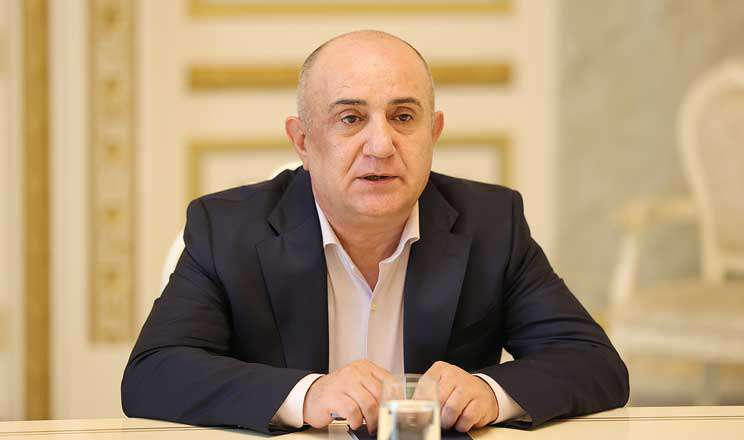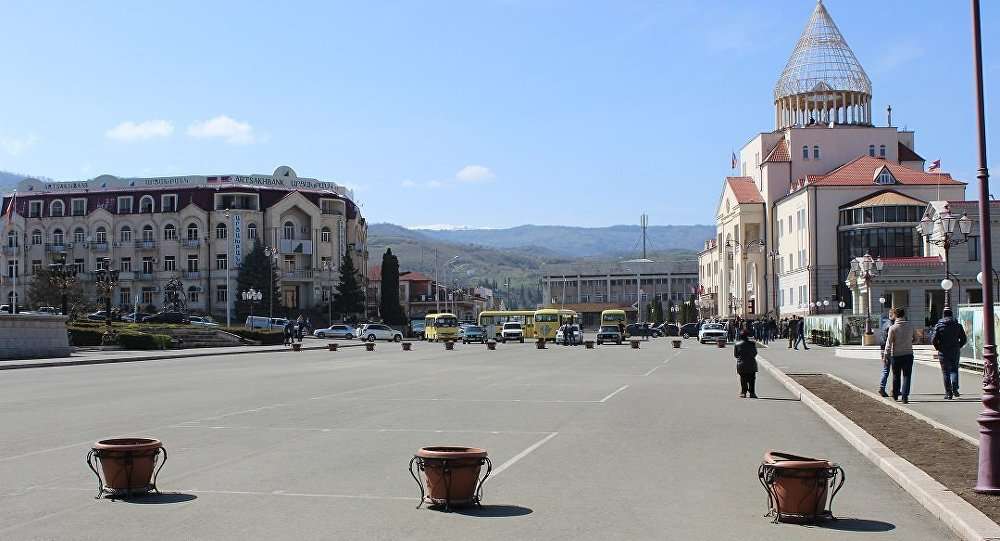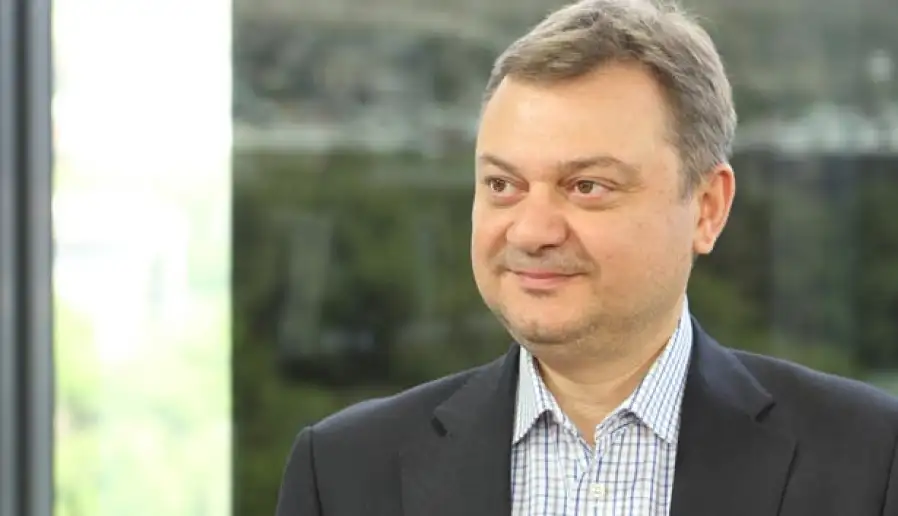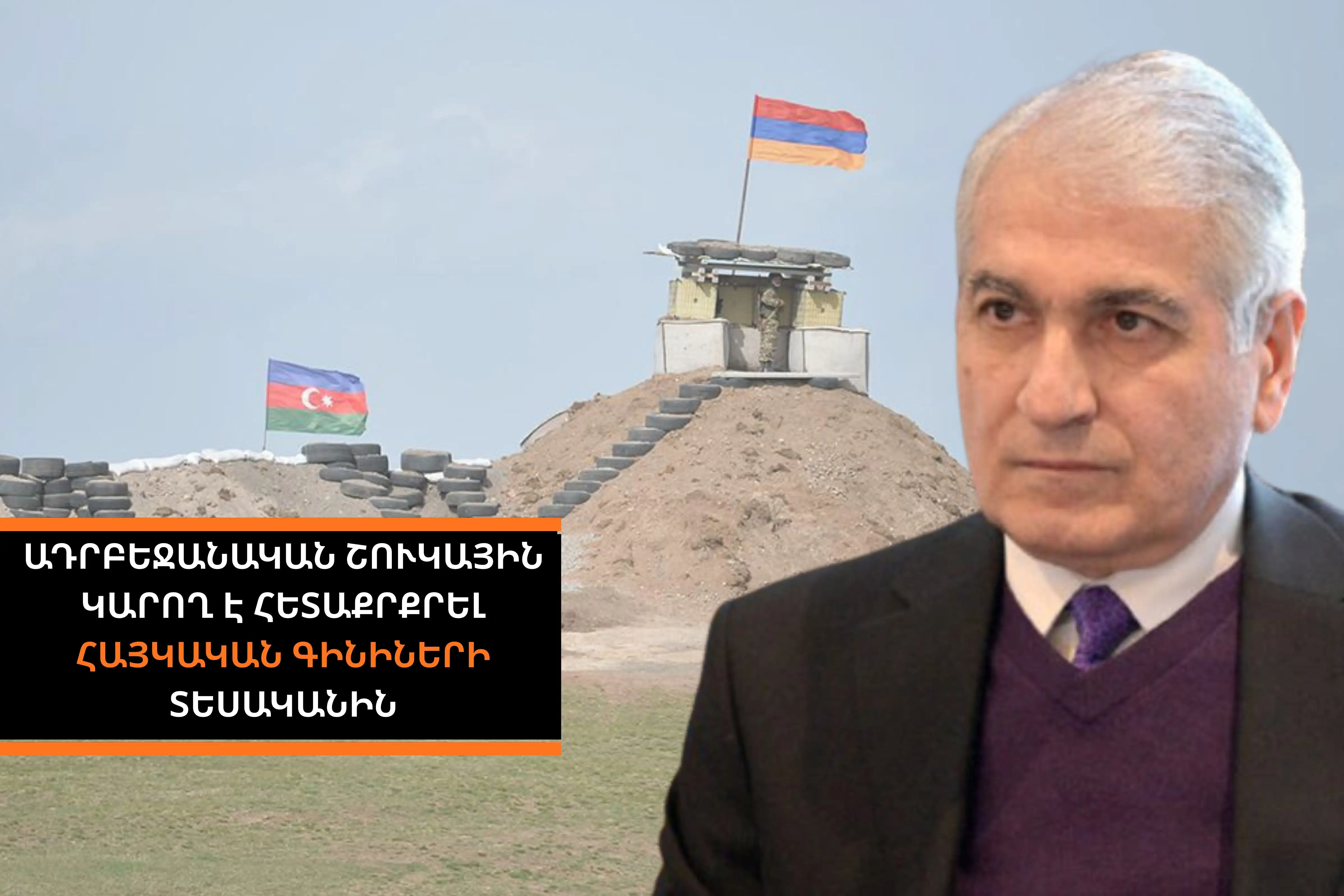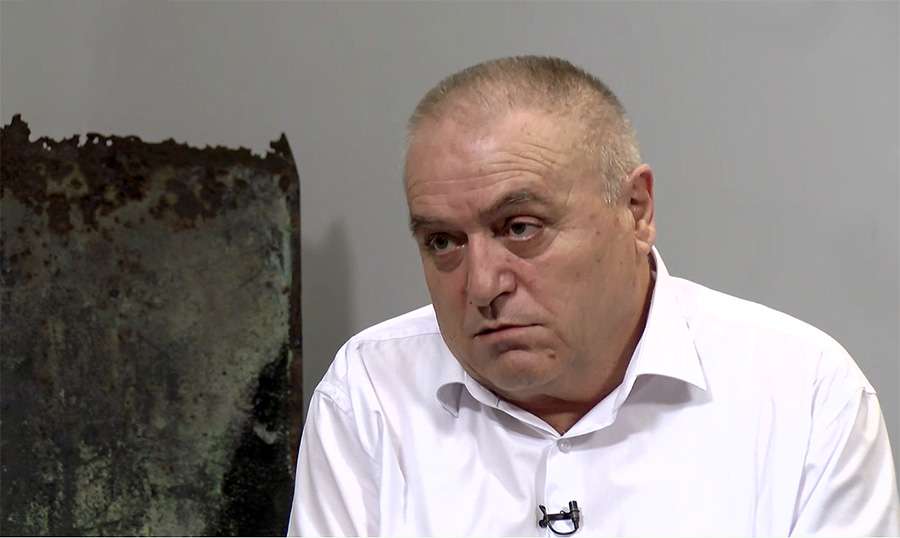Samvel Babayan, the former commander of Artsakh Armed Forces and chairman of the "United Motherland" party, stated the situation in Artsakh, which states explicitly:
"Against possible internal political developments in Artsakh, the information skirmish is increasing. As a result of the political reorganization, the goal of getting into power justifies the means. Anyway.
Before and after the 2020 national elections, I have always emphasized constitutional reforms, even publicly. The issue was also key within the framework of the memorandum of cooperation signed between the "Free Motherland-CMD" party alliance and the "United Motherland" party. The need to amend the constitution became acute in the post-war period. The one-step-forward, two-back tactics of the initiative to amend the body led to a constitutional crisis, which attempts to resolve were linked to personnel policies and transfers of individuals. This approach was also merely situational, which, instead of balancing, counterbalanced the government, deepening the crisis.
In Artsakh's "super-presidential" governance model, it seems that the branches of power have been separated, but not the practical balancing mechanisms. Everything starts with the institution of the president and ends again with it. That said, everyone can make a decision, but the responsibility for the consequences of all those decisions is again assigned to the president. That is why everyone is in power but not insane; everyone is endowed with authority but not responsibility. If they want, they cannot assume it; the "monopoly" of fault is assigned to the president by the Constitution.
Under the conditions of such constitutional regulations, will someone have the desire to be in power? Can someone aspire to occupy a position? Someone, maybe, but not I.
The constitutional crisis created in Artsakh, with all its consequences, is the conscience of Artsakh's political and public circles, which suffer exclusively from the obsession of occupying a position, feeding from the state budget, being as close as possible to the ruling circles, but not willing to share political and public responsibility.
The situation in Artsakh and its surroundings is a direct consequence of the constitutional crisis; therefore, instead of engaging in the idle work of mitigating its effects, all of our efforts should be directed at eliminating its causes.
I call on the circles concerned with preserving the last fragments of Artsakh's subjectivity to direct all possible efforts to resolve the crisis, which can become possible only through constitutional changes."




